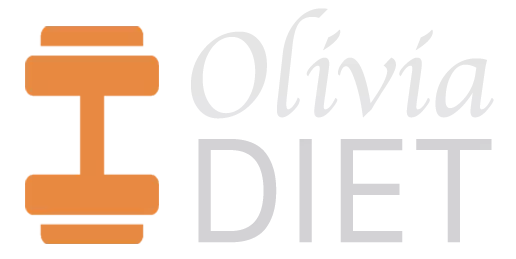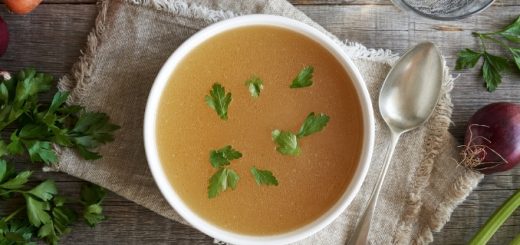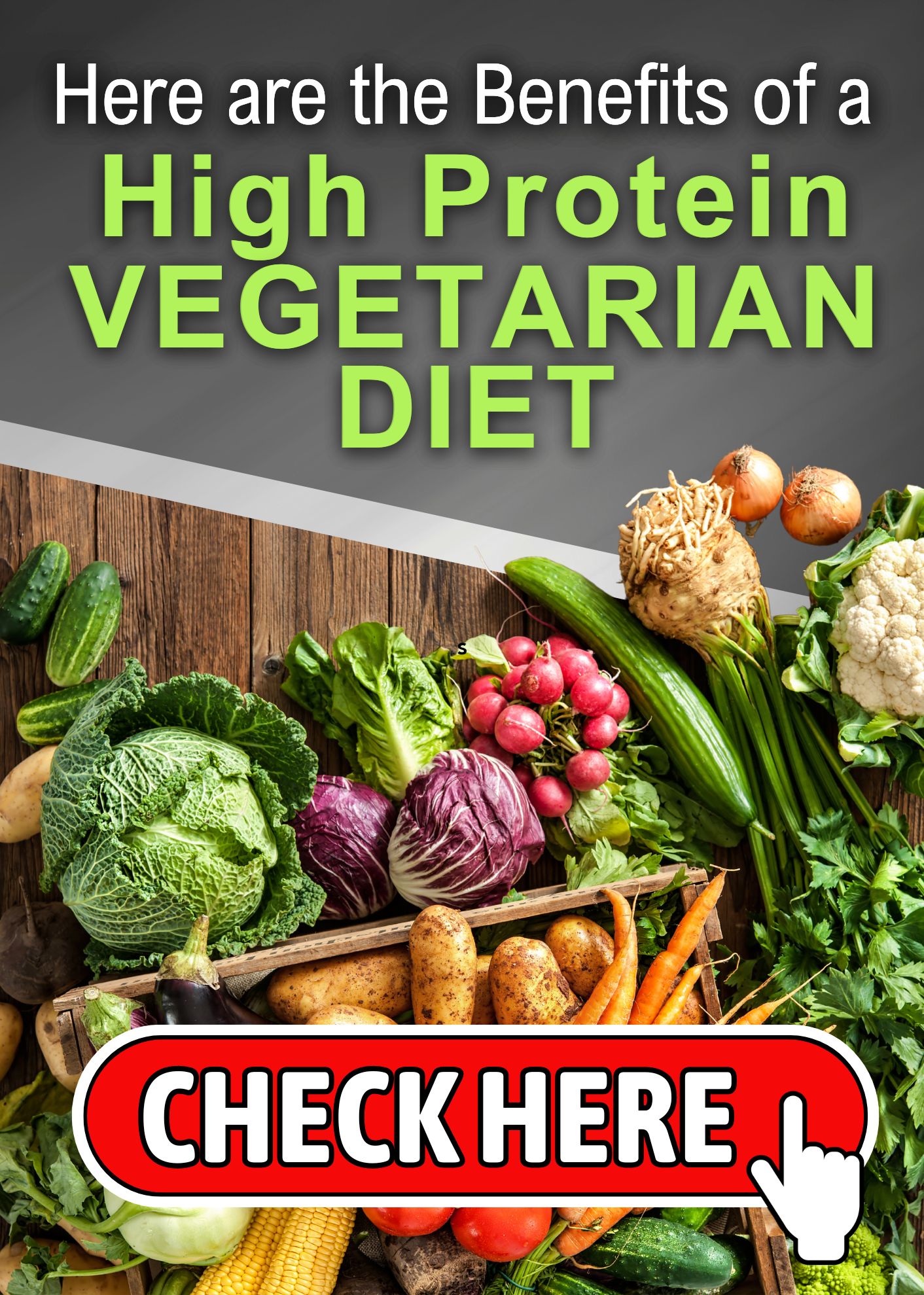Unleashing the Power of Plant-Based Delights: Exploring the Exquisite Vegetarian Mediterranean Diet
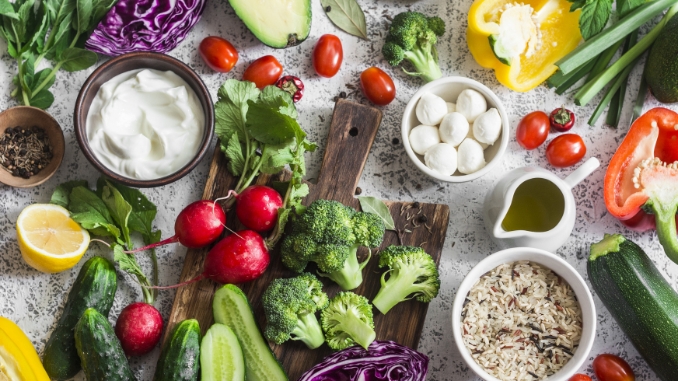
Last updated on April 11th, 2025 at 07:05 pm
Many research findings indicate that the Mediterranean diet, inspired by the customary eating habits of countries bordering the Mediterranean Sea, can lower the risk of long-term illnesses like heart disease, type 2 diabetes, and some cancers.
So, eating this way is not only tasty but also good for your health and overall well-being
The Mediterranean Diet: A Brief Overview
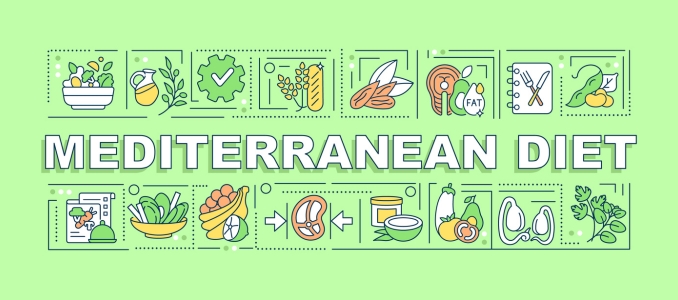
The Mediterranean diet is considered one of the best for preventing cardiovascular disease. This diet, detailed in a study by Sofi and published by the American Heart Association, focuses on a plant-based diet with fruits, vegetables, whole grains, legumes, nuts, fresh herbs, and tomato sauce, using olive oil as a healthy fat source.
It includes moderate amounts of poultry, fish, dairy, and eggs. This also minimizes red meat and sweets, promoting lean proteins and offering flexibility for vegan and vegetarian adaptations. It emphasizes nutrient-dense, minimally processed foods, making it a sustainable, heart-healthy choice. [1]
What is a Vegetarian Mediterranean Diet?
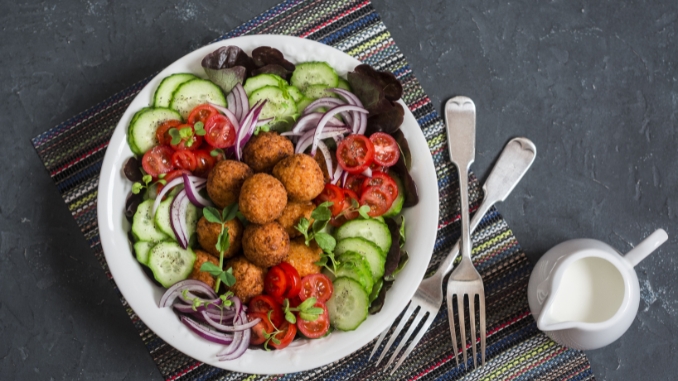
The Vegetarian Mediterranean Diet or Green-MED diet is a plant-based variation of the traditional Mediterranean diet [2]. It excludes meat and fish but includes vegetables, dairy, and eggs, focusing on plant-based proteins to provide essential nutrients.
This diet incorporates a variety of nutrient-dense, whole foods into daily meals. It's a lifestyle that not only focuses on dietary habits but also includes physical activity and sharing meals with others, all contributing to overall well-being.
The vegan diet was beneficial for improving insulin sensitivity, crucial for blood sugar control, and enhanced Oral Glucose Insulin Sensitivity (OGIS), indicating better sugar management after meals.
On the other hand, while both diets were effective in lowering blood pressure, the Mediterranean diet was more successful in this regard. Combining the strengths of both diets could potentially yield excellent results, optimizing both blood sugar control and blood pressure management.
Exploring the Health Benefits of a Vegetarian Mediterranean Diet
1. Nutrient-Rich
Plant-based diets, including vegan and vegetarian options, are abundant in essential nutrients like antioxidants, vitamins, and minerals. Centered on fruits, vegetables, and whole grains, they provide abundant fiber, phytochemicals, and plant proteins.
These diets are low in saturated fats and high in compounds that reduce inflammation and enhance immunity, promoting a healthy, vibrant life.
2. Diabetes Prevention and Management
The vegetarian Mediterranean diet helps with insulin sensitivity and blood sugar management, making it good for preventing and managing type 2 diabetes. It focuses on whole grains, legumes, and low-glycemic foods, which help keep blood sugar levels steady and provide stable energy all day.
3. Heart Health

The Mediterranean diet is known for lowering heart disease risk by using heart-healthy fats from olive oil and nuts instead of saturated fats. It includes lots of vegetables, fruits, and whole grains, which help reduce inflammation, improve cholesterol, and keep blood pressure healthy.
4. Weight Management
A plant-based diet, such as the vegetarian Mediterranean diet, can be a potent tool for weight management. The high amount of fiber in fruits, vegetables, and whole grains, promotes feelings of satiety, reducing the likelihood of overeating.
Additionally, the focus on nutrient-dense foods and mindful eating allows for a more balanced approach to weight management.
5. Cancer Prevention

The abundant fruits, vegetables, and whole grains in the vegetarian Mediterranean diet provide a rich source of antioxidants, which help protect the body against cellular damage and reduce the risk of certain types of cancer.
Additionally, the inclusion of legumes and soy products in the diet has been associated with a lower risk of breast and prostate cancer.
6. Brain Health
The Mediterranean diet is linked to better brain activity and a lower risk of brain diseases like Alzheimer's. Omega-3 fatty acids from foods like walnuts and flaxseeds, along with antioxidants and anti-inflammatory compounds in fruits and vegetables, help keep the brain healthy and support mental well-being.
7. Digestive Health
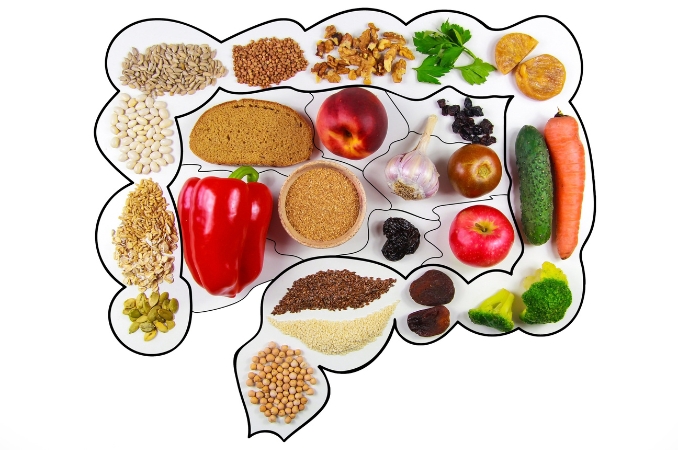
Plant-based diets [3] rich in whole grains enhance digestive health by maintaining regular bowel movements and a healthy gut. The Green-MED diet changes gut bacteria, increasing beneficial types like Prevotella while reducing others like Bifidobacterium. By eating certain foods, we can positively alter our gut “garden.”
8. Diverse Cuisine
These diets encourage the use of fresh herbs, tomato sauce, and other plant-based ingredients, offering a wide variety of flavors and meal prep options, making them one of the healthiest diets globally.
9. Sustainability
Adopting plant-based diets contributes to environmental sustainability, as they require less land and water and create fewer greenhouse gas emissions than meat-based diets.
Vegetarian Mediterranean Diet Recipes
1. Mediterranean Quinoa Salad
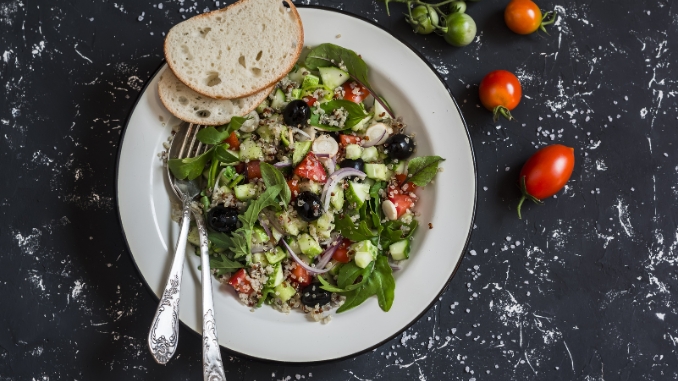
Ingredients:
- 1 cup quinoa
- 2 cups water
- 1 cucumber, diced
- 1 bell pepper, diced
- 1 small red onion, finely chopped
- 1 cup cherry tomatoes, halved
- 1/3 cup Kalamata olives, sliced
- 1/4 cup fresh parsley, chopped
- Juice of 1 lemon
- 2 tablespoons olive oil
- Salt and pepper to taste
- Feta cheese, crumbled (optional)
Instructions:
- Rinse quinoa under cold water. In a saucepan, bring quinoa and water to a boil, then simmer for 15 minutes or until water is absorbed. Fluff with a fork and let it cool.
- In a large bowl, combine cooled quinoa, cucumber, bell pepper, red onion, cherry tomatoes, olives, and parsley.
- Combine lemon juice, olive oil, salt, and pepper in a bowl, whisking them to form a flavorful dressing.
- Pour the dressing over the salad, toss to combine, and garnish with feta cheese if desired.
2. Chickpea and Spinach Stew
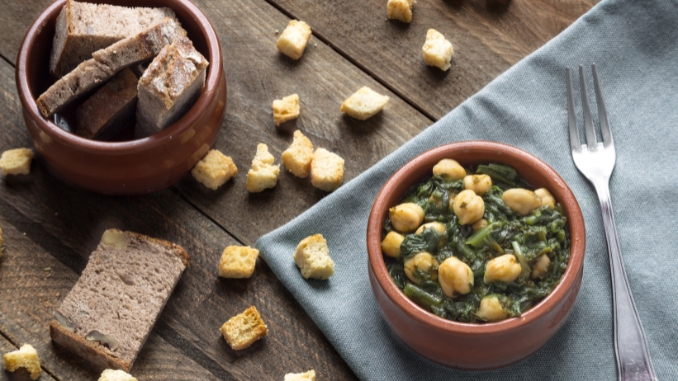
Ingredients:
- 2 tablespoons olive oil
- 1 onion, chopped
- 2 garlic cloves, minced
- 1 teaspoon smoked paprika
- 1 can (14 oz) chickpeas, drained
- 1 can (14 oz) diced tomatoes
- 4 cups fresh spinach
- Salt and pepper to taste
- 1 teaspoon cumin (optional)
Instructions:
- Heat olive oil in a large skillet over medium heat. Add onion and garlic, sautéing until soft.
- Stir in smoked paprika and cumin, cooking for another minute.
- Add chickpeas and diced tomatoes, bringing the mixture to a simmer. Cook for 10 minutes.
- Add spinach, stirring until wilted. Season with salt and pepper.
- Serve warm, either alone or over cooked whole grain rice.
3. Mediterranean Stuffed Peppers

Ingredients:
- 4 large bell peppers, halved and seeded
- 1 cup cooked brown rice or quinoa
- 1 can (14 oz) artichoke hearts, chopped
- 1/2 cup Kalamata olives, chopped
- 1/2 cup crumbled feta cheese
- 1/4 cup chopped almonds or pine nuts
- 2 tablespoons fresh parsley, chopped
- 1 garlic clove, minced
- Salt and pepper to taste
- Olive oil for drizzling
Instructions:
- Preheat the oven to 375°F (190°C). Place bell pepper halves in a baking dish, cut-side up.
- In a bowl, mix together the brown rice or quinoa, artichoke hearts, olives, feta cheese, nuts, parsley, and garlic. Season with salt and pepper.
- Stuff the bell pepper halves with the rice mixture, pressing gently to pack it in.
- Drizzle the peppers with olive oil and cover the dish with aluminum foil.
- Cook in the oven for 30 minutes, then take off the foil and continue baking for an additional 10 minutes or until the peppers become soft and the tops turn a light golden brown.
Conclusion
The Vegetarian Mediterranean Diet combines Mediterranean flavors with vegetarian benefits, reducing saturated fats to boost heart health. It celebrates fruits, vegetables, grains, and legumes flavored with herbs and spices, offering a nutritious and tasty eating style.
It's great for weight, cholesterol, and insulin sensitivity while also lowering blood pressure. Choosing a plant-based diet offers delicious meals and boosts your health, supporting a lifestyle good for both you and the planet.
If you are still deciding whether to become vegetarian or not, this book also discusses the health benefits of the diet, potential diet drawbacks, and more so you can make an informed decision. Check out this Master Guide to Vegetarianism now!
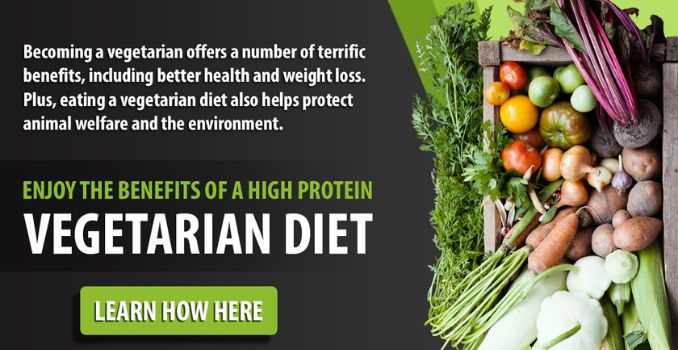
Rick Kaselj MS, is a leading kinesiologist and injury specialist as well as co-creator of the best-selling Unlock Your Hip Flexors program. Rick creates exercise programs that help people heal injuries and eliminate pain, so they can go back to living a full, active, healthy life.
